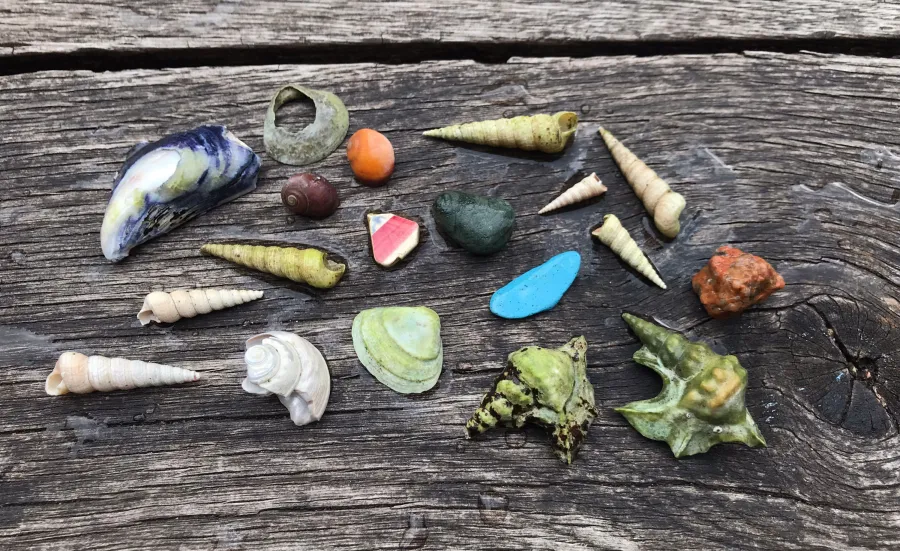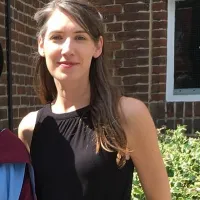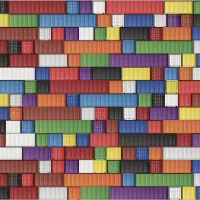When Stephanie Jones and Katie Holdaway, both part of the University of Southampton’s Institute for Arts and Humanities, launched a project to work with a local creative writing organisation ArtfulScribe, they had a particular goal in mind.
Using the University’s deep academic knowledge of the ocean, they set out to work with creative writers and communities to improve their understanding and relationship with their local seashore. The plan was to use creative methods - such as writing workshops and poetry sessions - to help communities prevent littering and damaging the natural habitat.
And that is how the project started out - but what the team ended up with was something more. Instead of just exploring the value of the arts for addressing coastal waste, they began uncovering new ways of building a relationship between the University, creative writers, and local people. The small research strand quickly became a “proof of concept” of how to get ideas from academic research out into the community, says Stephanie, a Professor of Literature and Law at the University.
Southampton had expected the findings of the project would explore the value of creative writing as a tool - from poetry to life writing - in addressing the issue of coastal waste. But it also resulted in research that focused on the relationships between universities, arts organisations, artists, and communities: what works when they partner up to reach local people, and just as importantly, what doesn’t?
It was less about changing debate – it was more exploratory than that
Stephanie Jones
“When we initiated the project we thought it was only going to be around creative writing for environmentally friendly intent, but we found that one of the most valuable parts of the project focused on engaging methods for gathering meaningful feedback in any context,” Stephanie says. “It was about exploring creative methods of evaluating our work.”
The shift in focus began when the academics were challenged about the terms they were using, including the United Nations-mandated term “ocean literacy”. One of the ambitions of the project was to explore the meaning of that phrase. They wanted to provoke a discussion about what ocean literacy could and should mean, including how concepts of artistic imagination or the sense of wonder at the world might feed into our understanding of the ocean around us.
But the writers questioned the value of using the term itself for engaging the public. Bluntly, as Katie, a Postdoctoral Knowledge Exchange Fellow with the Institute puts it, “while they valued the idea of “ocean literacy”, they didn’t think the phrase itself would be meaningful for work with their communities”.
“This was the start of a journey which has led to new ideas for working creatively on any academic ideas with local artists and local people. They have produced a report that academics in any discipline - both across Southampton and at other research institutions worldwide - could use to steer community knowledge projects. “The writers taught us so much,” Katie says. “And that’s a knowledge exchange process.”







